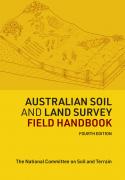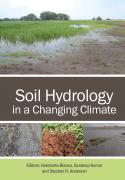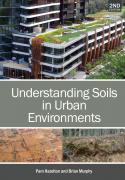Soil properties such as water retention, salinity and acidity are not just issues for agriculture and forestry. They are equally as significant in creating environmental and structural problems for buildings and other engineering works. As an increasing proportion of the world's population is living in cities, and building and related infrastructure development continues, these problems assume ever-greater importance. In addition, existing works contribute to urban soil erosion and pollution as well as increased levels of urban runoff.
Understanding Soils in Urban Environments explains how urban soils develop, change and erode. It describes their physical and chemical properties and focuses on specific soil problems, such as acid sulfate soils, that can cause environmental concern and also affect engineering works. It also addresses contemporary issues such as green roofs, urban green space and the man-made urban soils that plants may need to thrive in. It provides a concise introduction to all aspects of soils in urban environments and will be extremely useful to students in a wide range of disciplines, from soil science and urban forestry and horticulture, to planning, engineering, construction and land remediation, as well as to engineers, builders, landscape architects, ecologists, planners and developers.



















